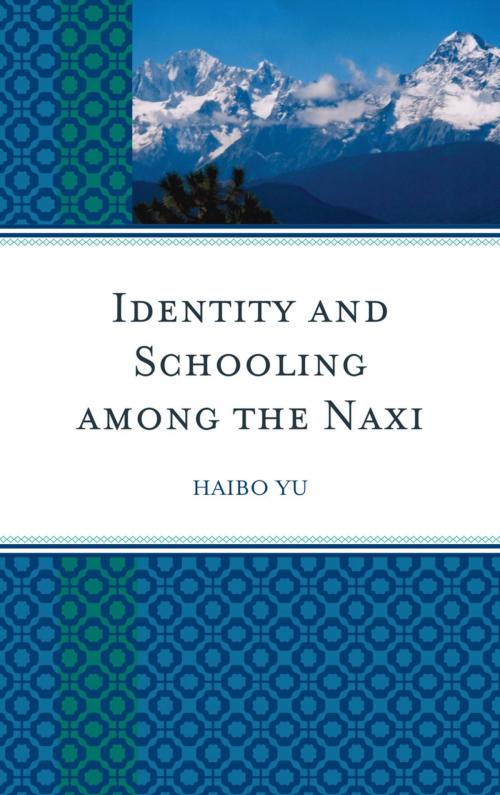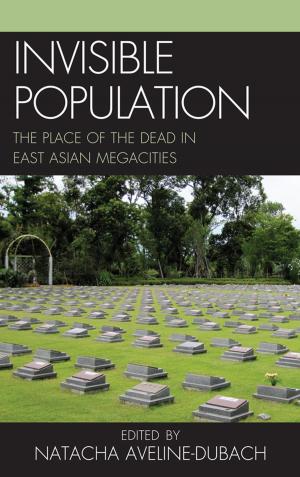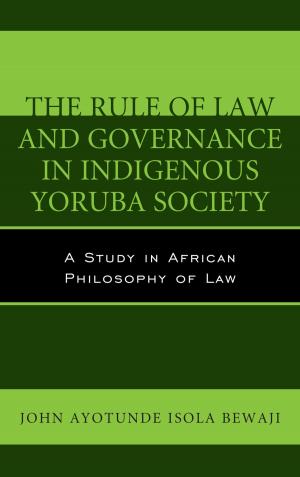Identity and Schooling among the Naxi
Becoming Chinese with Naxi Identity
Nonfiction, Reference & Language, Education & Teaching, Educational Theory, Multicultural Education, Philosophy & Social Aspects, Social & Cultural Studies, Social Science, Anthropology| Author: | Haibo Yu | ISBN: | 9780739132920 |
| Publisher: | Lexington Books | Publication: | December 3, 2009 |
| Imprint: | Lexington Books | Language: | English |
| Author: | Haibo Yu |
| ISBN: | 9780739132920 |
| Publisher: | Lexington Books |
| Publication: | December 3, 2009 |
| Imprint: | Lexington Books |
| Language: | English |
Identity and Schooling among the Naxi examines the identity construction of Naxi students in Lijiang No.1 Senior Secondary School in China, focusing on the changing roles of school, community, and family in the identity construction of the students. Through participant observation, interviews, and student essays, Yu finds that Naxi students of the school retain a strong Naxi identity while also managing to fit into mainstream culture through a process she characterizes as 'harmonious creative identity engagement'. Three main forces affecting the identity construction of the Naxi students are highlighted: the state and the school, Naxi intellectuals, and socialization in the family and community. As an institution of the state, the school conveys national ideology and instills a sense of ethnic unity and an understanding of the culture of the Chinese nation. However, the school also takes an active role in ethnic identity construction of the Naxi students. At the same time, Naxi intellectuals, through their research publications and responses to state policies, preserve and revitalize Naxi culture. Socialization within the community and family allows the Naxi students to learn about their heritage. These factors result in both an asserted and assigned identity of the Naxi.
Identity and Schooling among the Naxi examines the identity construction of Naxi students in Lijiang No.1 Senior Secondary School in China, focusing on the changing roles of school, community, and family in the identity construction of the students. Through participant observation, interviews, and student essays, Yu finds that Naxi students of the school retain a strong Naxi identity while also managing to fit into mainstream culture through a process she characterizes as 'harmonious creative identity engagement'. Three main forces affecting the identity construction of the Naxi students are highlighted: the state and the school, Naxi intellectuals, and socialization in the family and community. As an institution of the state, the school conveys national ideology and instills a sense of ethnic unity and an understanding of the culture of the Chinese nation. However, the school also takes an active role in ethnic identity construction of the Naxi students. At the same time, Naxi intellectuals, through their research publications and responses to state policies, preserve and revitalize Naxi culture. Socialization within the community and family allows the Naxi students to learn about their heritage. These factors result in both an asserted and assigned identity of the Naxi.















